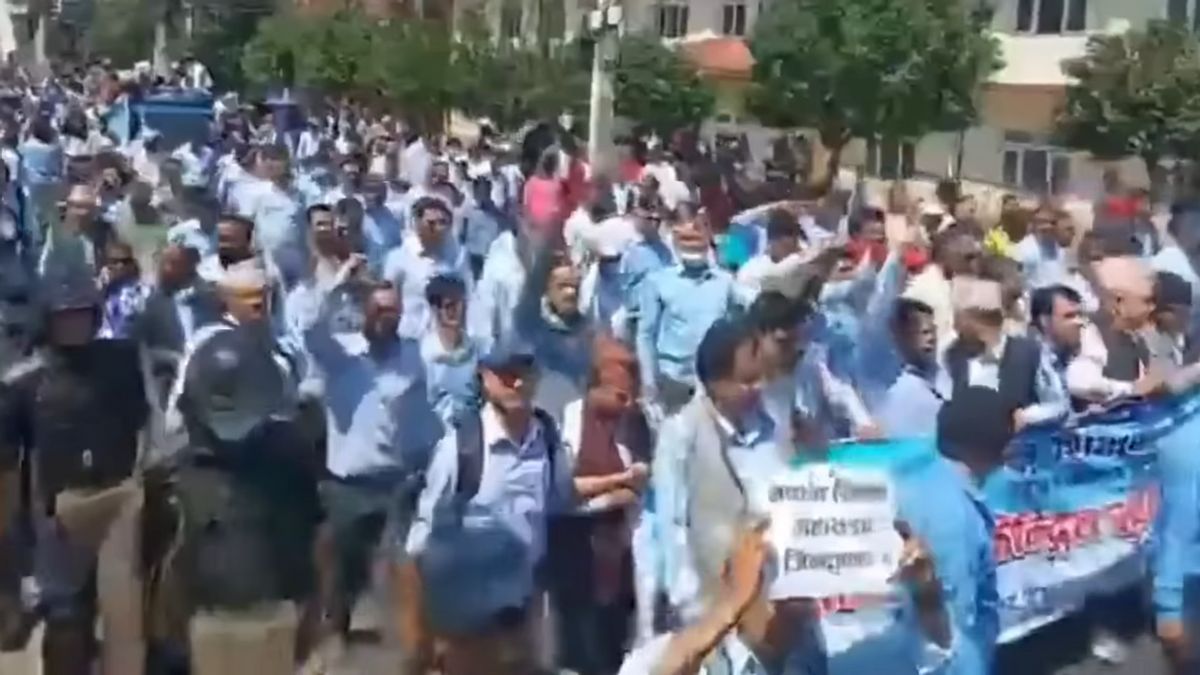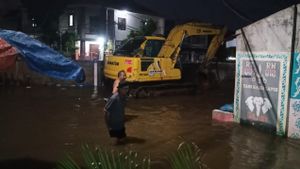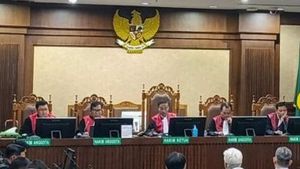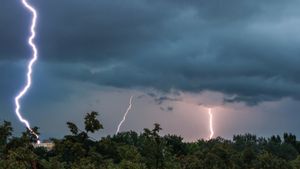JAKARTA - Hundreds of thousands of teachers in Nepal staged a massive strike as a form of protest against the Education Reform Bill in parliament. The action of these teachers has an impact on the course of teaching and learning activities of millions of students in all public schools.
Reporting from the BBC, there were approximately 110,000 teachers protesting the education reform bill. It is recorded that teachers have carried out actions for 3 consecutive days.
They oppose proposals to provide supervision to local governments against schools and prohibit teachers from joining groups affiliated with politics.
On Thursday, a number of protesters marched towards a parliament building in the capital, Kathmandu. riot police armed with batons pushed the package as protesters tried to get past the steel barricades.
Students and parents call for an end to unrest so that classes can be continued.
"How can my own teacher fight against my future?" said mine Bhatta Acharya, 16, who is preparing for the national exam.
My mother, Sabritri Acharya, said she had taken several days off to take care of her daughter.
"How long can I do that? Teachers must fight for their rights without depriving children of education," he said.
Teachers protested the provisions of the bill prohibiting them from joining political affiliated organizations.
Nepalese teachers are specifically involved in the country's struggle for democracy. The country held its first parliamentary election in 1959 and political parties have long been interested in recruiting teachers as activists.
But some education experts argue that teacher involvement in politics damages the quality of education and argues that party politics is prohibited in these institutions.
Teachers have filed various demands against the government, including allowing decisions on promotions and transfers to be handled at the provincial level, not by the local city government.
They also ask for higher wages, boards to oversee teacher training, and opportunities for teachers employed based on contracts to take fixed promises.
Kamala Tuladhar, president of Nepal's Teachers Association, claims the government did not fulfill an "deal" with previous teachers to address their concerns.
"But there are many things that are not addressed, so we were forced to protest," he said.
Nepal's Acting Prime Minister Purna Bahadur, however, said teachers began protesting "without informing the government of their demands".
Government leaders met with teachers protesting on Thursday to discuss their concerns. Officials said the talks were "positive" but ended inconclusively. The two sides are expected to meet again on Friday.
Teachers have threatened to continue to demonstrate if their demands are not met.
Bahadur's press adviser, Kamal Giri, told the BBC that PM officials had "convinced that the government had no intention of damaging the morale of teachers".
The English, Chinese, Japanese, Arabic, and French versions are automatically generated by the AI. So there may still be inaccuracies in translating, please always see Indonesian as our main language. (system supported by DigitalSiber.id)
Most Popular Tags
#Prabowo Subianto #golkar #Pilkada Dki #online gambling #Mount Lewotobi malePopular
23 November 2024, 00:53













